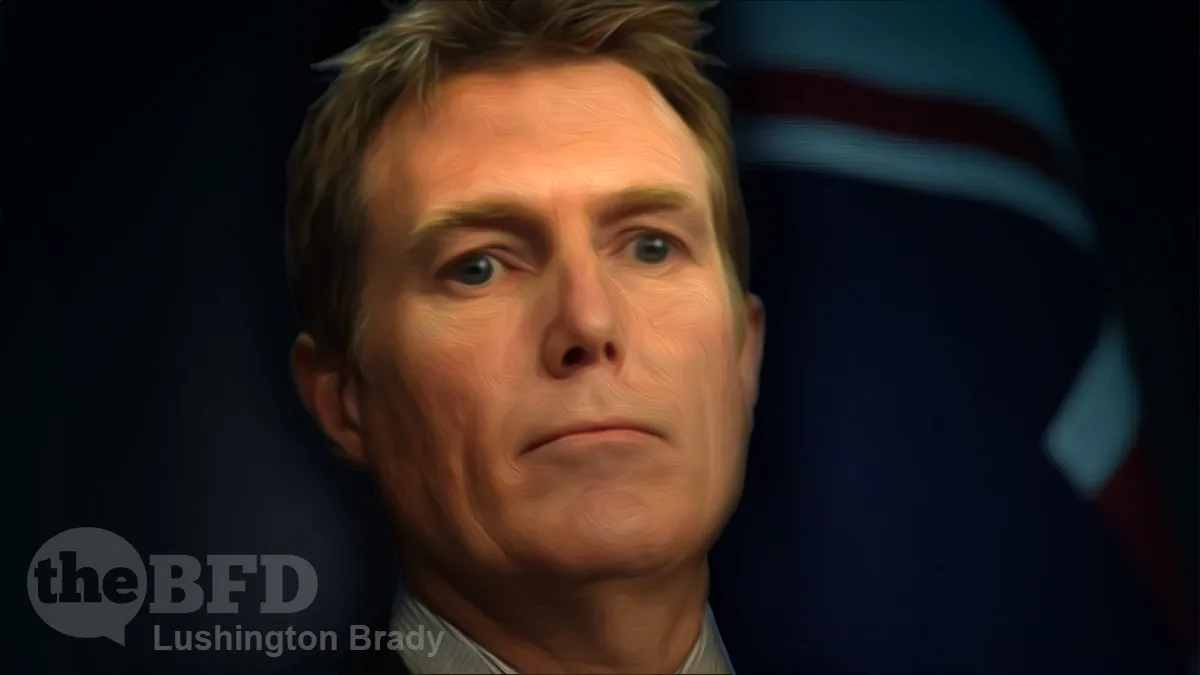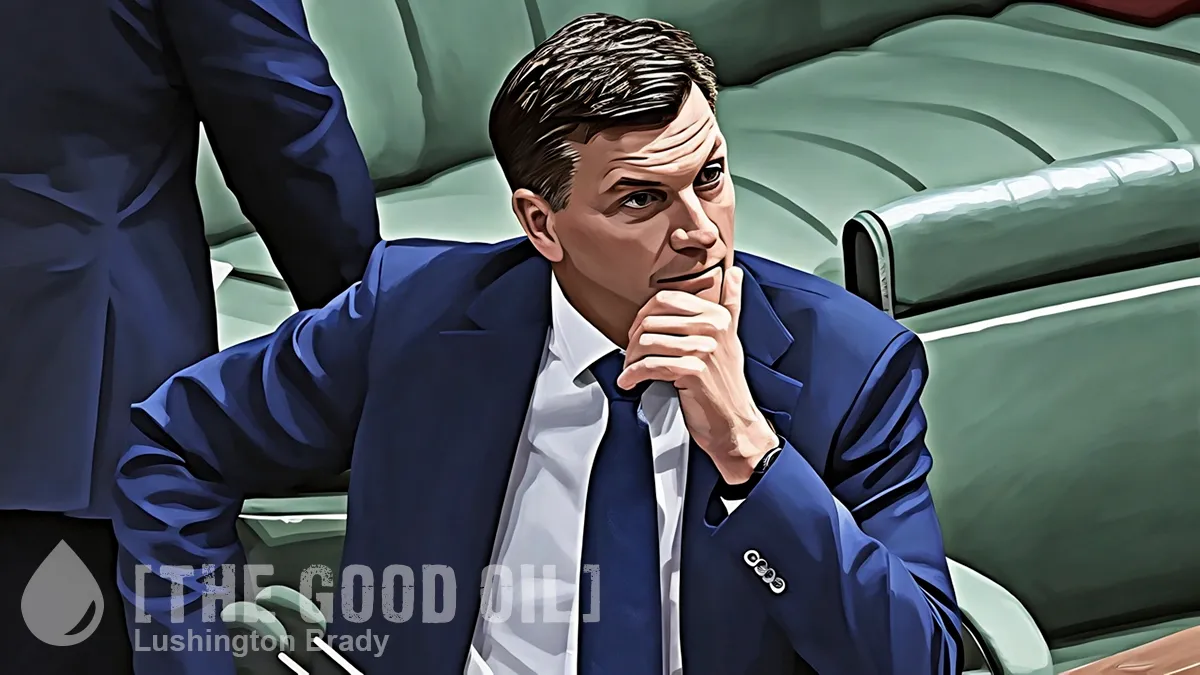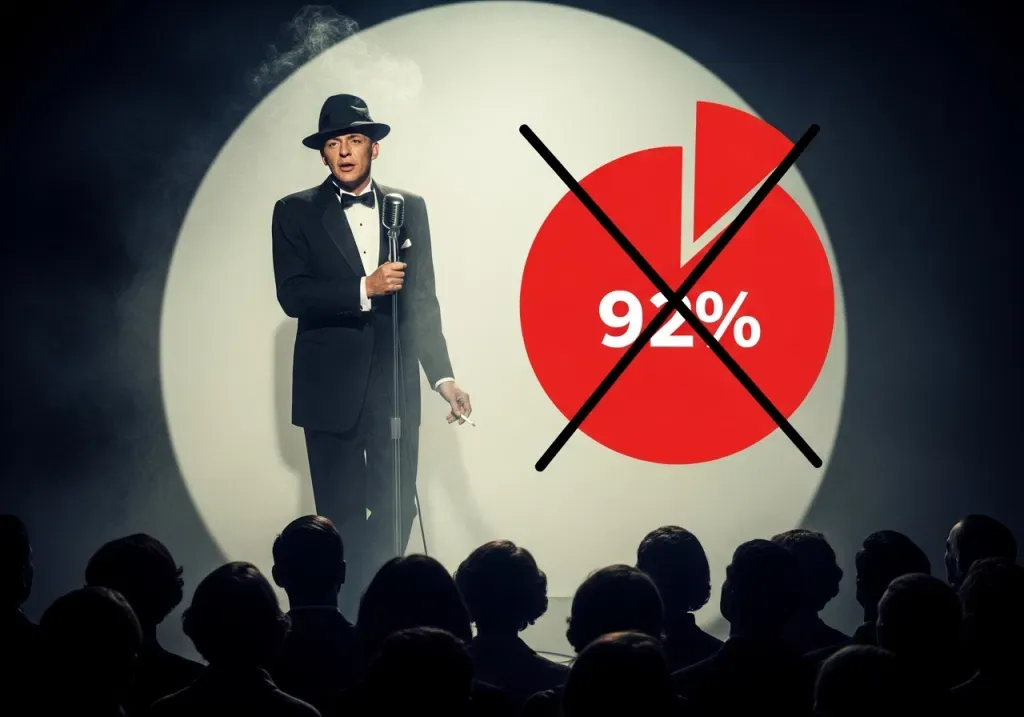Table of Contents
Christian Porter’s defamation proceedings against the ABC have the potential to give the taxpayer-funded broadcaster the sort of clip over the ear it’s long deserved. ABC journalists have a deplorable habit of launching poisonous vilification campaigns against certain public figures – almost always conspicuously conservative.
The biggest hurdle facing Porter’s legal team is establishing that he could have been identified from the ABC’s reporting, before he publicly outed himself. This isn’t an unreasonable argument: it’s entirely possible for stories to include enough information, without actually naming people, to make it easy to figure out who they are. For instance, when the “Lawyer X” scandal broke, it took a single Google search to figure out that “Lawyer X” was Nicola Gobbo, as was indeed later revealed.
But did the ABC and in particular journalist Louise Milligan reveal enough information as to enable readers to identify Christian Porter? The ABC’s own Media Watch seemed to think so.
Tellingly, Milligan is accused of hurriedly trying to re-write her record.
The ABC’s star reporter Louise Milligan has been accused of deleting social media posts that could affect the outcome of Christian Porter’s defamation proceedings against the public broadcaster over an online article she filed revealing a senior cabinet minister was facing historic rape allegations.
The former attorney-general’s legal team has formally outlined a number of complaints about the journalist’s conduct leading up to and following the publication of the story on February 26; and also raised concerns her use of “encrypted messaging apps that have the capacity to automatically delete communications after a set period of time” might impinge on their ability to recover key conversations relating to the story’s production.
The issue at point is, surely, public information put out by the ABC and Milligan? Twitter posts would surely fit that bill, but what about conversations between journalists and production teams or lawyers on, say, Telegram? Unless, of course, they could be shown to be discussing something along the lines of “Just how much identifying information can we put out, short of actually naming Porter?”
But Milligan’s alleged actions certainly raise the question: what has she got to hide?
The allegations were contained in a letter sent to the ABC’s Head of Disputes & Litigation Team, Grant McAvaney, by reputational risk lawyer Rebekah Giles on March 23 following a federal court order that Mr Porter provide the broadcaster with “further particulars of identification, republication and/or aggravated damages” relating to his defamation action.
“It has come to our attention that Ms Milligan and perhaps the ABC have been deleting social media posts relevant to these proceedings which could go to issues of identification, aggravation, and malice, if it becomes relevant. In our view this is a serious matter that requires your urgent attention,” Ms Giles said in the letter.
Delete as they might, the internet is forever. And so are screencaps.
“Over the last two weeks we have captured the social media pages of your clients. Any deletions will be immediately apparent. We request you let us know your position in relation to this matter[…]
Ms Giles went on to request the ABC furnish her with a list of all alterations made to Milligan’s online report since it was first published, noting “we are instructed that the article has been amended at least once”.
The biggest arrow in Porter’s legal quiver though, is the surely-not-coincidental fact search engine activity for his name surged immediately after the ABC’s report – and before he named himself.
Ms Giles noted that “Google searches of Mr Porter’s name increased significantly and much more so than any other senior male cabinet members” following the publication of the online article and that the ABC News’s political editor, Andrew Probyn, had admitted “the Minister’s identity was widely known in political and media circles” during a news report the day before Mr Porter self-identified.
The Australian
If “political and media circles” were able to work out who the report was talking about, then would any shmo with internet access?
There’s the rub, indeed.
Please share this article so that others can discover The BFD








